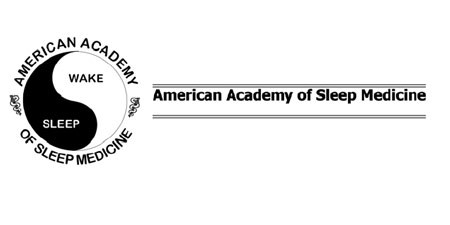Elderly women apparently sleep better as compared to older men although women frequently complain that their sleep is poorer and shorter. This is claimed by a study.
Women supposedly account for lesser and poorer sleep as opposed to men on all of the subjective measures, counting a 13.2 minute shorter total sleep time (TST), 10.1 minute longer sleep onset latency (SOL), and a 4.2 percent lower sleep efficiency. When sleep was gauged impartially, nevertheless, women apparently slept for more 16 minutes than men, and supposedly had a 1.2 percent more sleep efficiency, and apparently had less uneven sleep. Multivariate regression analysis demonstrated that these inconsistencies were partially explained by determinants of sleep duration like sleep medication use and alcohol consumption.
Principal investigator Henning Tiemeier, MD, PhD, associate professor of psychiatric epidemiology at the Erasmus Medical Center in Rotterdam, Netherlands, commented, “The difference between subjective and objective sleep quality arise not because women are more likely to be complainers, but because men strongly overestimate their sleep duration.â€
About 956 participants between the ages of 59 and 79 years were involved in the study. Around 52.3 percent were women. Information was acquired from the Rotterdam Study which apparently evaluated the frequency and risk factors for chronic diseases in the elderly.
Subjects used an actigraph that could be worn like a watch for an average of six successive nights to impartially gauge sleep parameters. Subjective sleep quality was evaluated with a sleep diary and the Pittsburgh Sleep Quality Index.
The mean distinction between diary-reported and actigraphic total sleep time was more in men where the approximate total sleep time of about 7.01 hours as opposed to 6.40 objectively measured hours than in women where the estimated total sleep time of 6.79 hours versus 6.65 objectively measured hours. Sleep medication use was more general in women i.e. 14.9% as compared to men i.e. 6.1% , and both sleep medication use and depressive symptoms were connected to considerably shorter subjective sleep time in women.
Men apparently drank twice as much alcohol as women i.e. 1 drink a day as opposed to 0.5 drink a day, and only alcohol consumption supposedly reduced the sex difference in actigraphic total sleep time. The sex differences in both self-reported and objective sleep measures may be explained by the information that women may need more sleep than men.
The study was published in the journal Sleep.

